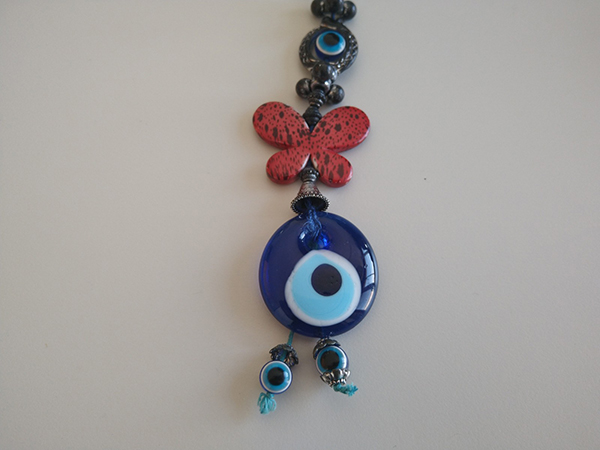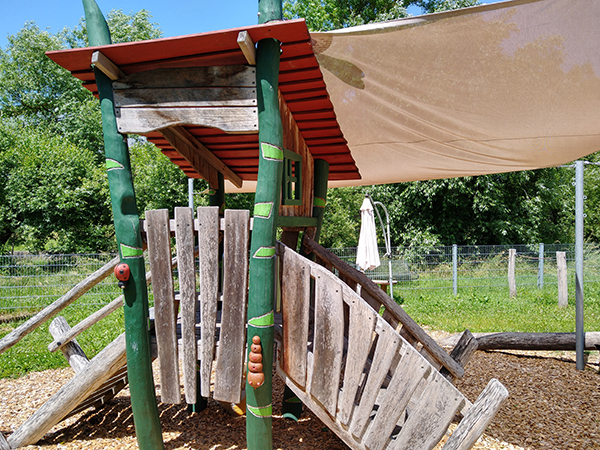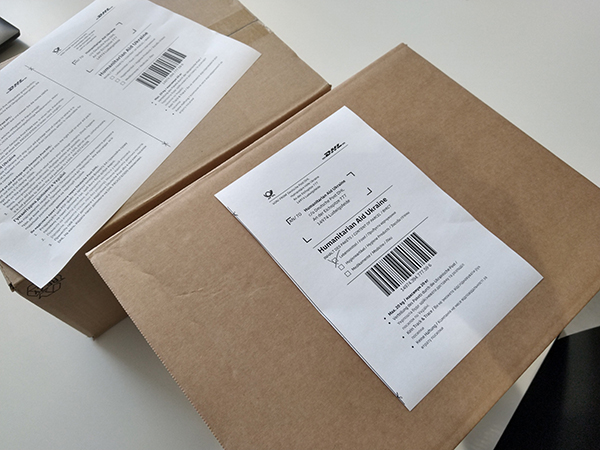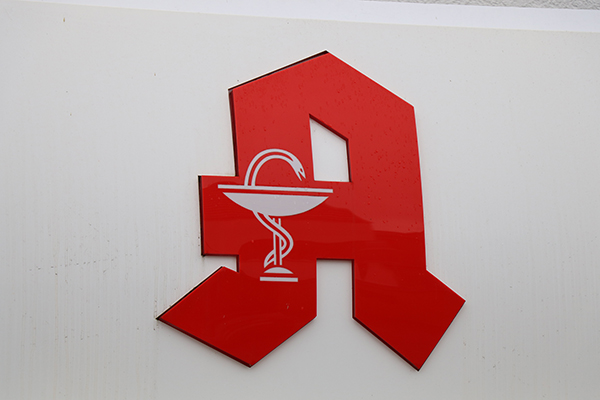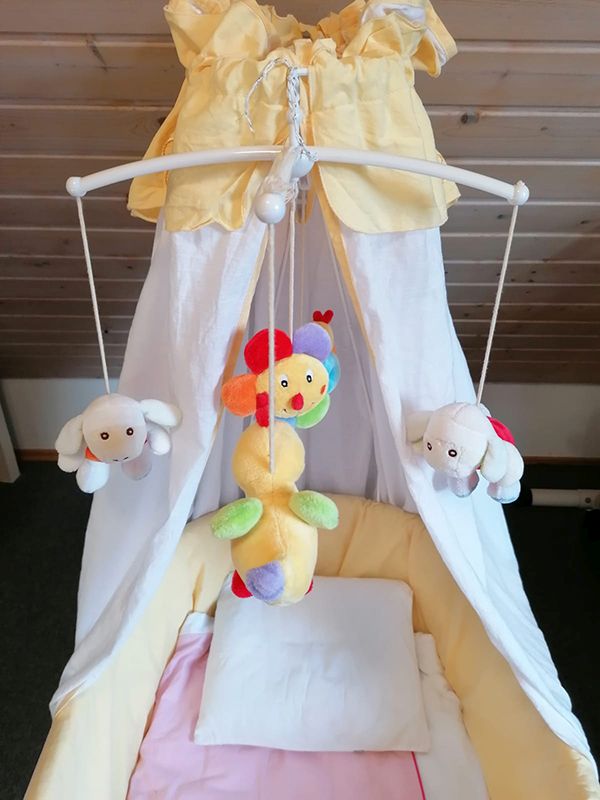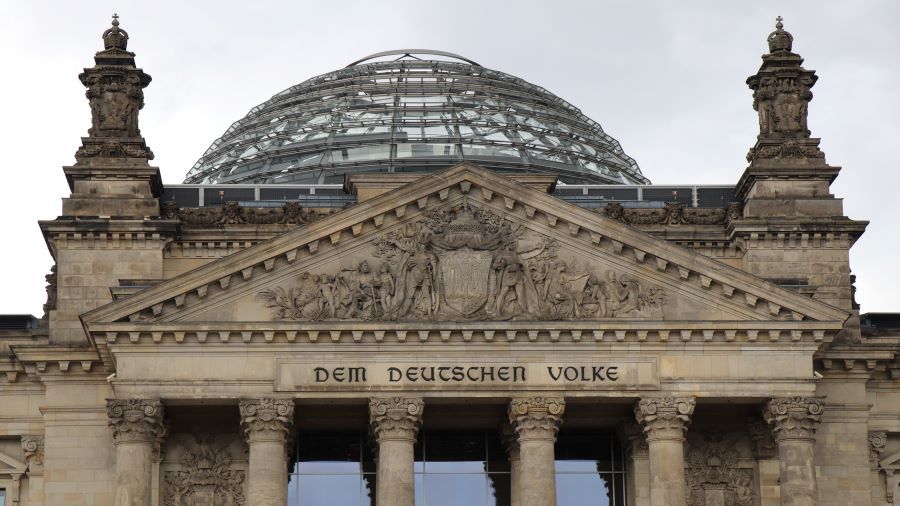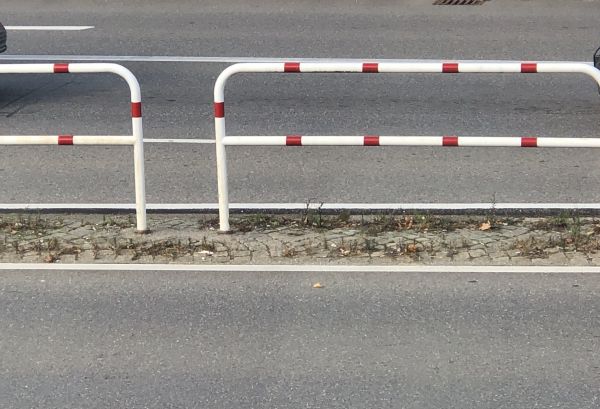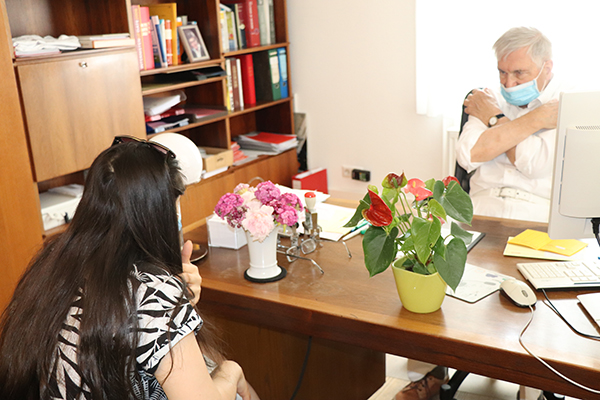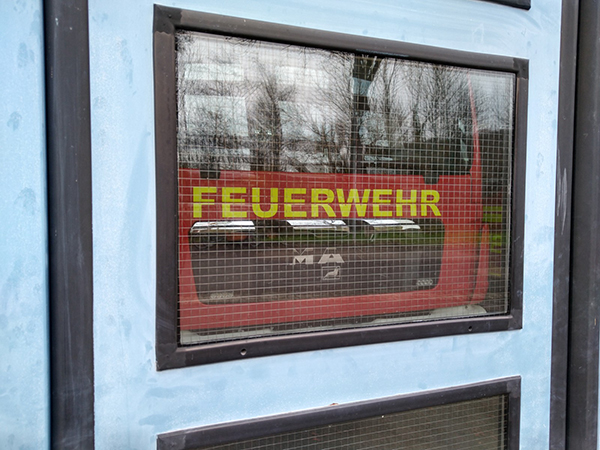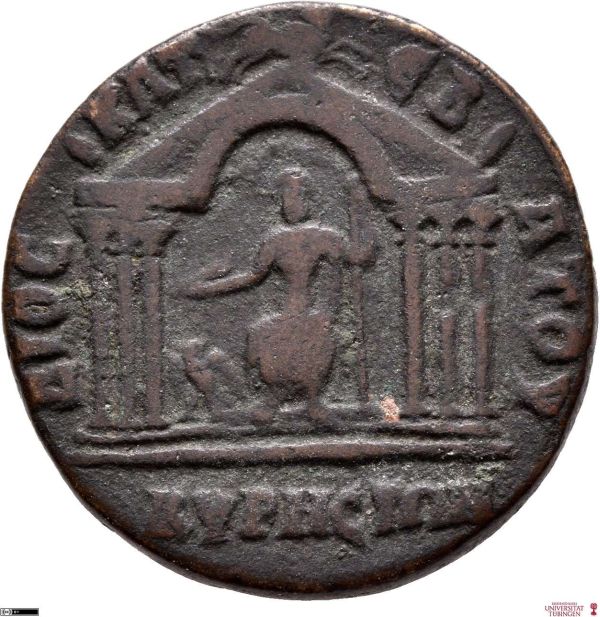According to the definition of the online Duden Dictionary, superstition is “a belief in the effectiveness of supernatural forces in certain people and things that are viewed as erroneous”. These include sayings, symbols, and rituals that are used in everyday life. The content differs depending on the culture, often even the region. By the tünews INTERNATIONAL’s editors, we have compiled the following examples from Afghanistan, Syria, and Germany: Afghanistan and Syria believe that a tickle in the left hand will bring money to the person. With the tickle of the right hand, on the other hand, one expects soon to… Read More
Category: 982 – UK .EN
Right to a day care place without exception
Parents have the right to a day care place—even if there is a lack of staff in a day care centre. In such cases, more children would have to be cared for than originally planned, for example, by means of a temporary exemption. This was decided by the Administrative Court in Mannheim. The case in question concerned working parents in Böblingen. They had unsuccessfully applied for a day-care place for their daughter, who was four years old in December. A lack of capacity must not restrict the general entitlement to a day-care place. Therefore, the parents must be offered a… Read More
Send aid packages to Ukraine free of charge
With the parcel service provider DHL, private individuals can send relief goods to Ukraine free of charge. All they have to do is download the appropriate label from the homepage. Then they can post the parcels addressed to “Humanitarian Aid Ukraine” at post offices. They must not weigh more than 20 kilos. This is communicated by the company upon request. Express shipments, letters or heavy freight cannot be sent in this way, it adds. However, it is not possible to send parcels to selected addresses. DHL transports the parcels in Germany to the transfer points to the Ukrainian postal service… Read More
At night to the pharmacy emergency service
Most pharmacies are open between the hours of 8 a.m. and 6:30 p.m. Some are open a little longer, others close earlier. However, anyone who urgently needs medication outside these hours can contact the pharmacy emergency service around the clock. However, between 8 p.m. and 6 a.m. and all day on Sundays and public holidays, an emergency service fee of 2.50 euros is usually charged. This is only waived if the doctor marks the prescription with “noctu”. Then the health insurance takes over the costs. The pharmacy portal Aponet informs about it. The next pharmacy ready for service can be… Read More
Maternity protection in Germany
Since 2018, Germany has had a modernised Maternity Protection Act, which aims to guarantee pregnant and breastfeeding women the best possible health protection. Activities at work such as night shifts or piecework that can harm the mother or the child are prohibited. Employers are not allowed to employ women six weeks before and eight weeks after the birth. In the case of premature births, twins and disabled children, the period of protection after birth is twelve weeks. Maternity benefits are paid during these periods. For more info: https://www.bundesregierung.de/breg-de/suche/faq-arbeit-und-familie-1779598 If the woman is not allowed to work at all during pregnancy… Read More
“Citizen’s money” applies from the beginning of the year
On 1 January 2023, the citizen’s money will replace the previous unemployment benefit II (Hartz IV). This was decided by the Bundestag and the Bundesrat. This means, for example, that a single adult will receive 502 euros a month from January—53 euros more than before. Children and young people will also receive more. No new application is necessary. Those who have been receiving money from the Job Centre up to now will automatically receive the higher standard rate. The aim is to enable those affected to concentrate on finding a job or to continue their education. In the first twelve… Read More
Children in the car: Never without a child seat
Children riding in a car always need a child seat. This is stated in the road traffic regulations. The regulation applies to all children who are either younger than 12 years or smaller than 1.50 meters. The driver is responsible for this in any case—if he takes children along without securing them appropriately, he faces a fine of 60 euros and a point in the traffic offender file in Flensburg. There are a large number of different child seats, which are also tested again and again for their safety. The most important thing, however, is that the child seat is… Read More
Cancellation fees for uncancelled doctor’s appointments
The health system in Germany suffers from a severe shortage of staff. Therefore, it can take a long time to get an appointment. But what if patients can’t come to that appointment? Do they then have to pay a cancellation fee? The consumer advice centre recommends that patients cancel their appointment as early as possible: “Give medical practices the opportunity to reschedule appointments and give other patients the chance to get a doctor’s appointment faster. You can also use this opportunity to make a new appointment at the same time.” For fixed appointments, such as with a specialist practice, psychotherapy… Read More
The most important numbers for emergencies
In Germany, there are various emergency numbers that always work everywhere—regardless of which city or town you happen to be in. A very detailed overview can be found on the website of the Baden-Württemberg Ministry of the Interior. https://im.baden-wuerttemberg.de/de/sicherheit/wichtige-rufnummern-fuer-den-notfall/ 112: With this number—without prefix—you can reach the rescue service and the fire department in case of medical emergencies, accidents or fires. 112 is also the emergency number in other European countries. 110: In an emergency, you can reach the police under this number. It is valid regardless of whether you call from a cell phone or a landline. However, it… Read More
A “postcard” from ancient Cyrrhus
By Leila Nouioua A coin from the Tübingen coin collection comes from Cyrrhus, an ancient city whose ruins lie in what is now north-west Syria on the Afrin River. Like most of the coins from the eastern provinces of the Roman Empire, this one was made of bronze rather than precious metal. The coin has a diameter of 2.7 cm and weighs 14.72 g. The obverse shows the portrait of the Roman emperor Philippus Arabs (around 204 to 249 AD). He wears armour and over it a cloak gathered at the shoulder. On his head he wears a laurel wreath… Read More

